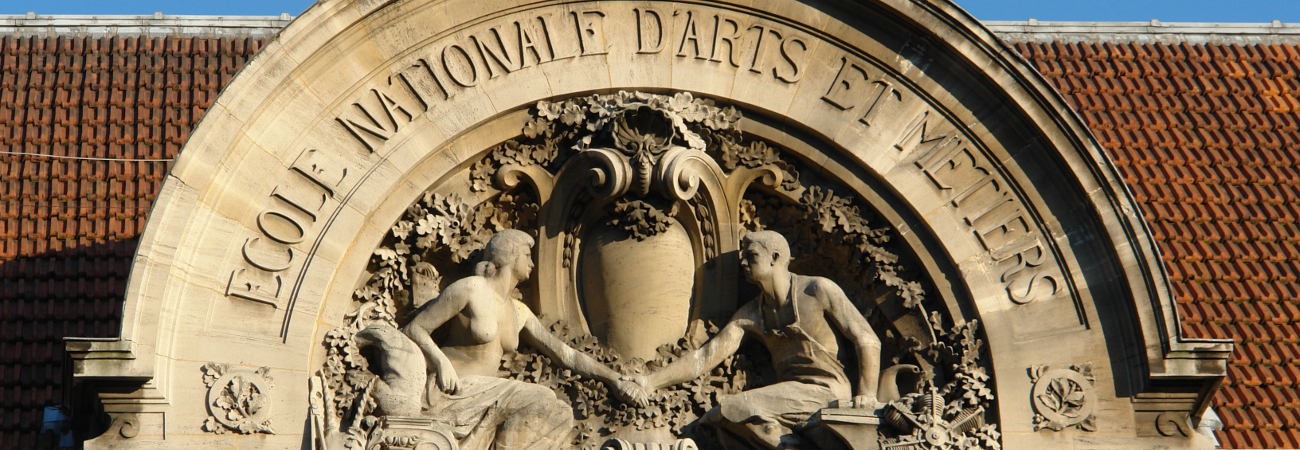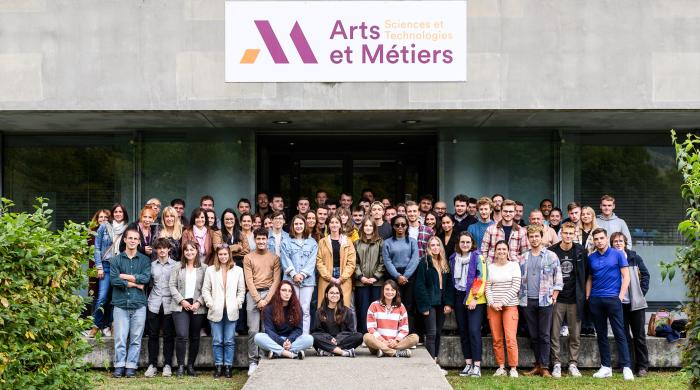
What is the primary task of Arts et Métiers? To develop the skills that are essential for meeting the challenges of tomorrow's industry and to participate in technological developments. With this in mind, the institution offers a wide range of initial and continuous training from post-baccalaureate to Ph.D. level adapted to all industrial sectors.
From bachelor’s degree to doctorate level
- Launched in 2014, the Bachelor's degree in technology graduate qualification is unique in France. After three years of study, it provides opportunities in the industrial world as well as the option of continuing on an engineering curriculum.
- General Engineering, the historical Arts et Métiers training, covers the fields of mechanical engineering, energy engineering, and industrial engineering. The teaching emphasizes projects and working in practical situations as well as an annual internship in a company.
- The Specialised Engineering curriculum takes place in the form of apprenticeship training. To meet the needs of the professional sectors, each training course is associated with a specialisation: mechanics, public works, industrial engineering, energy engineering, management, and risk prevention.
- Approximately twenty masters’ research qualifications enable students to acquire scientific and technological expertise, and to prepare for PhD studies.
- Doctoral training over three years combines the preparation of a thesis in an Arts et Métiers research laboratory or an industrial environment with the development of professional skills.
Continuous training programmes
Many Arts et Métiers courses are also open to professionals wanting a change of career direction, to acquire additional skills or to have more extensive knowledge of their work. Bespoke curriculums created at the request of companies as well as "Mastères spécialisés®” (Universities’ Conference label) are available.



